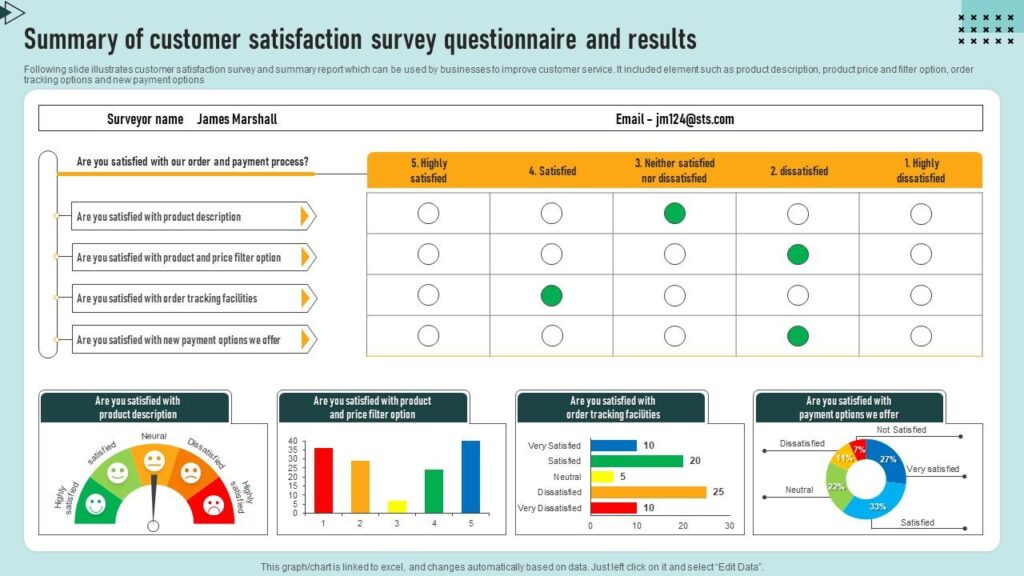Introduction:
Your brand values are the guiding principles that influence every aspect of your business. They define what your brand stands for, shaping your company culture, driving your business decisions, and building a lasting connection with your audience. In this guide, we’ll explore how to effectively define your brand values and integrate them into your brand’s identity to foster trust and loyalty among your customers.
1. Recognize the Importance of Brand Values
Brand values are more than just buzzwords; they are the core principles that differentiate your brand from the competition. These values should reflect what your company believes in and influence everything from your marketing strategies to your internal operations. A strong set of brand values will help you build a cohesive and consistent brand that resonates with your audience, making your business more memorable and trustworthy.
Example: Think of companies like Patagonia, whose brand values center around environmental sustainability. Their commitment to these values is evident in every aspect of their business, from their product design to their corporate initiatives, which has helped them build a loyal customer base.
2. Identify Your Brand’s Core Beliefs
To define your brand values, start by identifying the core beliefs that drive your company. Consider the following questions:
- What is the mission of your company?
- What principles are non-negotiable?
- What do you want your brand to be known for?
These core beliefs should reflect your company’s purpose and guide your decision-making processes. Tools like Brandfolder can help you articulate and document these beliefs, ensuring they are communicated consistently across all channels.
Example: If your brand is committed to innovation, your core beliefs might include a commitment to creativity, risk-taking, and continuous improvement. These values should be reflected in your product development, marketing, and customer service.
3. Align Your Values with Customer Expectations
It’s crucial that your brand values align with the expectations and values of your target audience. Conducting market research, customer surveys, and focus groups can help you understand what your customers care about and how your brand can meet those expectations.
When your brand values align with your customers’ values, you create a strong emotional connection that can lead to increased loyalty and advocacy. For example, if your customers value sustainability, and your brand is committed to eco-friendly practices, you’re more likely to attract and retain those customers.

4. Communicate Your Values Clearly
Once you’ve defined your brand values, it’s important to communicate them clearly and consistently across all platforms. Your brand values should be evident in your website content, social media posts, advertising campaigns, and even in your interactions with customers.
Example: If transparency is one of your brand values, make sure that your communications are open, honest, and clear. This might involve providing detailed information about your products, being upfront about pricing, or openly addressing any customer concerns.

5. Integrate Values into All Aspects of Your Brand
Your brand values should not just be words on paper; they should be actively integrated into every aspect of your business. This includes your product development, customer service, corporate social responsibility initiatives, and even your workplace culture.
Example: If one of your brand values is customer-centricity, ensure that every department within your company is focused on delivering a positive customer experience. This could involve training your staff to prioritize customer needs, designing products that solve customer problems, or implementing policies that make it easy for customers to interact with your brand.
6. Regularly Re-evaluate and Adapt Your Values
As your brand evolves, so too should your brand values. Regularly re-evaluate your values to ensure they remain relevant and aligned with your company’s growth and market changes. This might involve revisiting your values annually or after significant changes in your business.
Adapting your brand values doesn’t mean abandoning your core beliefs but rather ensuring they continue to resonate with your audience and reflect the current business environment.

You might want to read How Good Web Design Transforms Artists’ Online Presence
Conclusion:
Defining and living by your brand values is essential for building a strong, authentic brand. These values set you apart from the competition, build trust with your audience, and guide your company’s growth. By clearly defining, communicating, and integrating your brand values, you create a foundation for long-term success.






